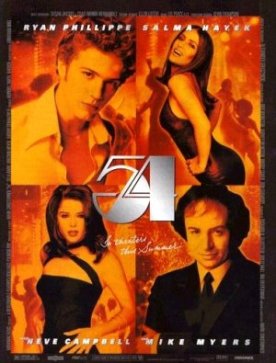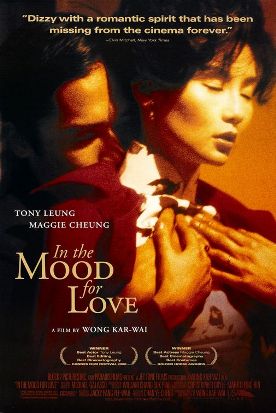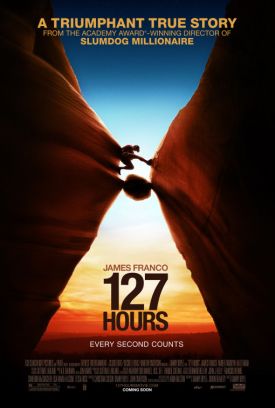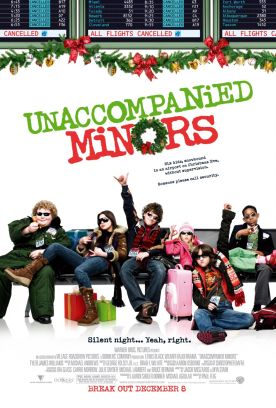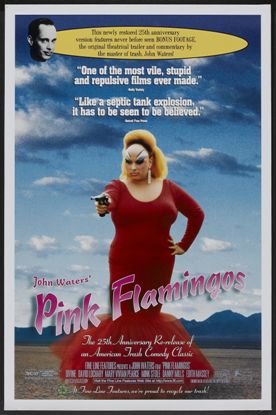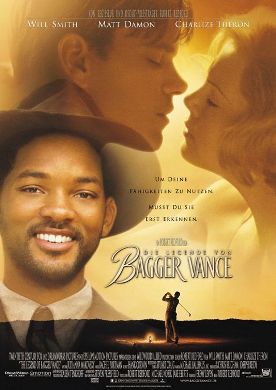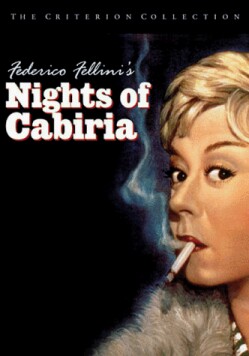54
It’s not, unfortunately, The Last Days of Disco, but 54, written and directed by Mark Christopher, covers some of the same ground. Mike Meyers with a nose job stars as Steve Rubell, the legendary club-owner, and Ryan Phillipe is the starry-eyed boy, Shane O’Shea, from New Jersey who comes to the city to make it at Rubell’s hyper-chic Studio 54 night club at the height of its popularity in 1979. Steve personally chooses Shane from the rope line outside the club (though “Not with that shirt”) and the sense of his conferring some great honor upon him is overwhelming. “He chose me; I had never been chosen for anything before,” Shane’s breathless voiceover narration tell us—as if we, too, can imagine no higher ambition than to be seen among the other people who live to be noticed.
And this, really is the problem with the picture. The tawdriness of Shane’s dream of celebrity (“When you were a bartender at 54,” the ubiquitous voiceover tells us, “everybody knew your name; you were famous!”) is not only never explored or criticized or laughed at, it is never, I suspect, even recognized. Mr Christopher too believes in the meretricious charms of “a world where fantasy was offered up as reality. . .A place where there were no rules.” Wow! It’s every boy’s dream. But those who have got beyond boyhood may find it a bit tedious. Of course there were rules, as we quickly and Shane and Steve more slowly learn. But here it is the period of delusion, of the merely naïve belief in rule-lessness and never ending parties which is held out for our admiration.
So too, the attempted pathos of the ending falls flat. After Rubell has served 18 months in federal prison for tax evasion and then tries to start the club up again, Shane tells us tragically, “We pretended nothing had changed, but in reality, the party was over.” It is in the nature of parties to be over, buddy. Didn’t they ever tell you that back in New Jersey? He is like a child crying because he can’t fly. There are too many other things, real things, to cry about in the world, kid. We somehow can’t get too worked up about such a disappointment as this.
Other themes the film raises are allowed to fizzle out quietly. The conflict between Shane and his dad, whose idea of a good time is said to be opening a Schlitz and watching a Jack Benny special on TV, is simply dropped. The lessons in life that Shane learns from Billie (Sela Ward), the older woman who takes him under her wing (and other body parts) about ambition and doing what you have to to get what you want—lessons he is sorry to find that the young actress he has a crush on (Neve Campbell) has also learned—are not followed through. No archetypal Oedipal struggles ensue, no ruthless clawings to the top of the heap. Nobody does anything too disgusting or degrading and everybody except poor, crooked but lovable Steve ends up all right.
The emblematic moment of the film comes as Steve tells everybody at his New Year’s Eve party “what you already know: I love you.” And then he gives a pretty graphic illustration of how genuine a profession of feeling this is when an old friend dies and must simply be hustled off the premises. “I’ll cry tomorrow,” he tells Shane. “Really I will. But tonight the show must go on.” I guess we get the point. But it’s not as if anyone with a mental age any higher than Shane’s probably could not have figured out without it that Steve was insincere. And shallow (as he is arrested he protests, “This is so tacky!”). And maybe even worse things. But Christopher lays nothing very serious to his charge, so we are left wondering why the story of this not-very-good and not-really-very bad guy has been worth the telling?
Discover more from James Bowman
Subscribe to get the latest posts to your email.

